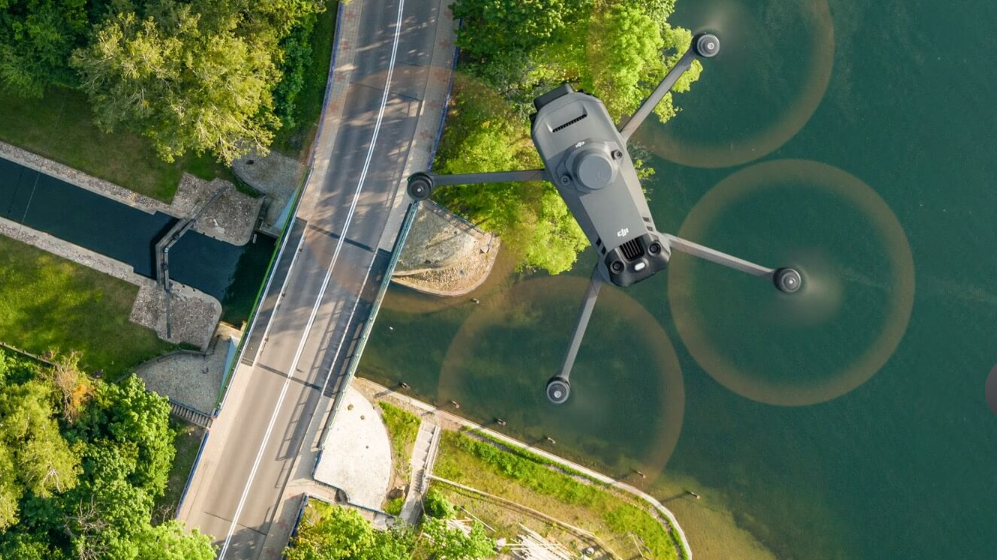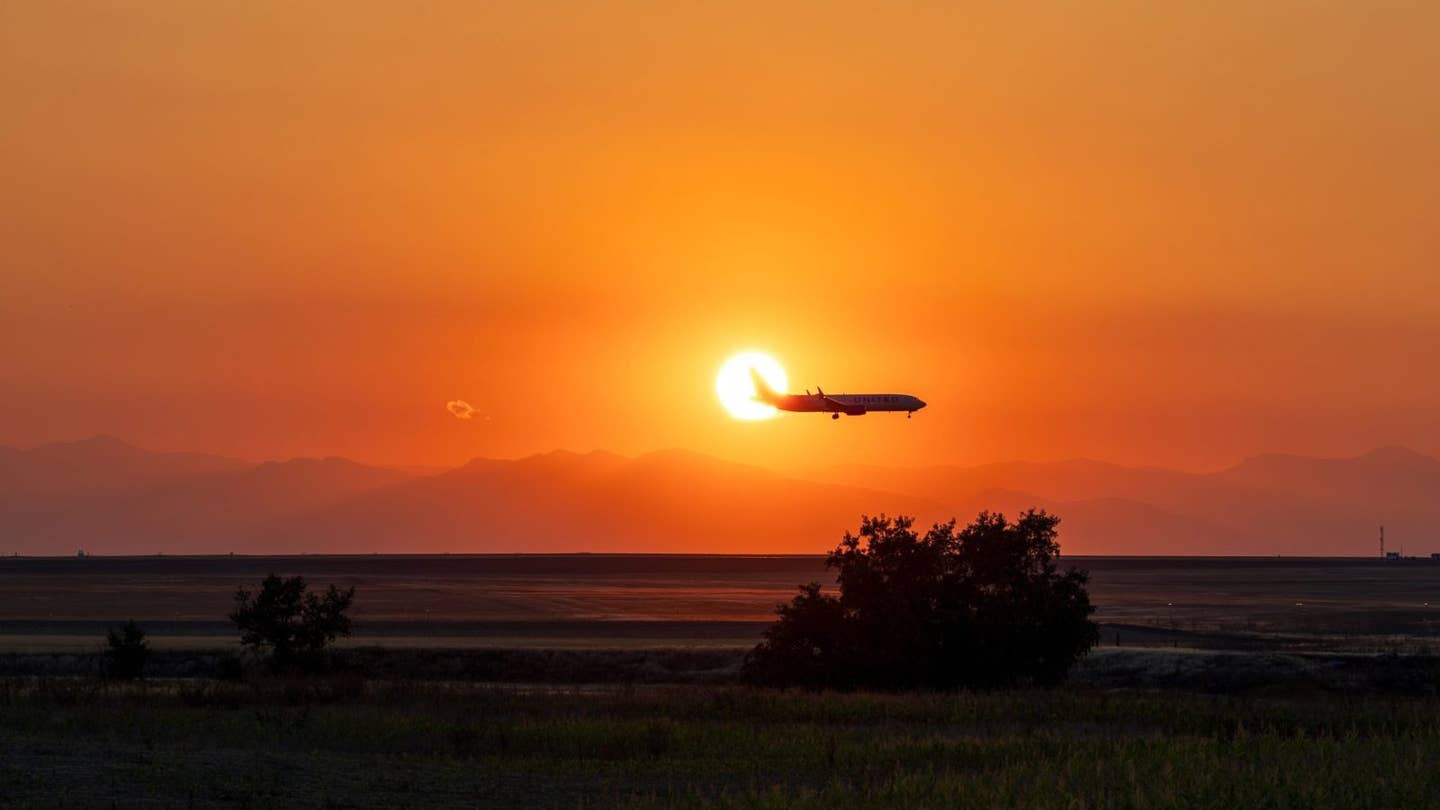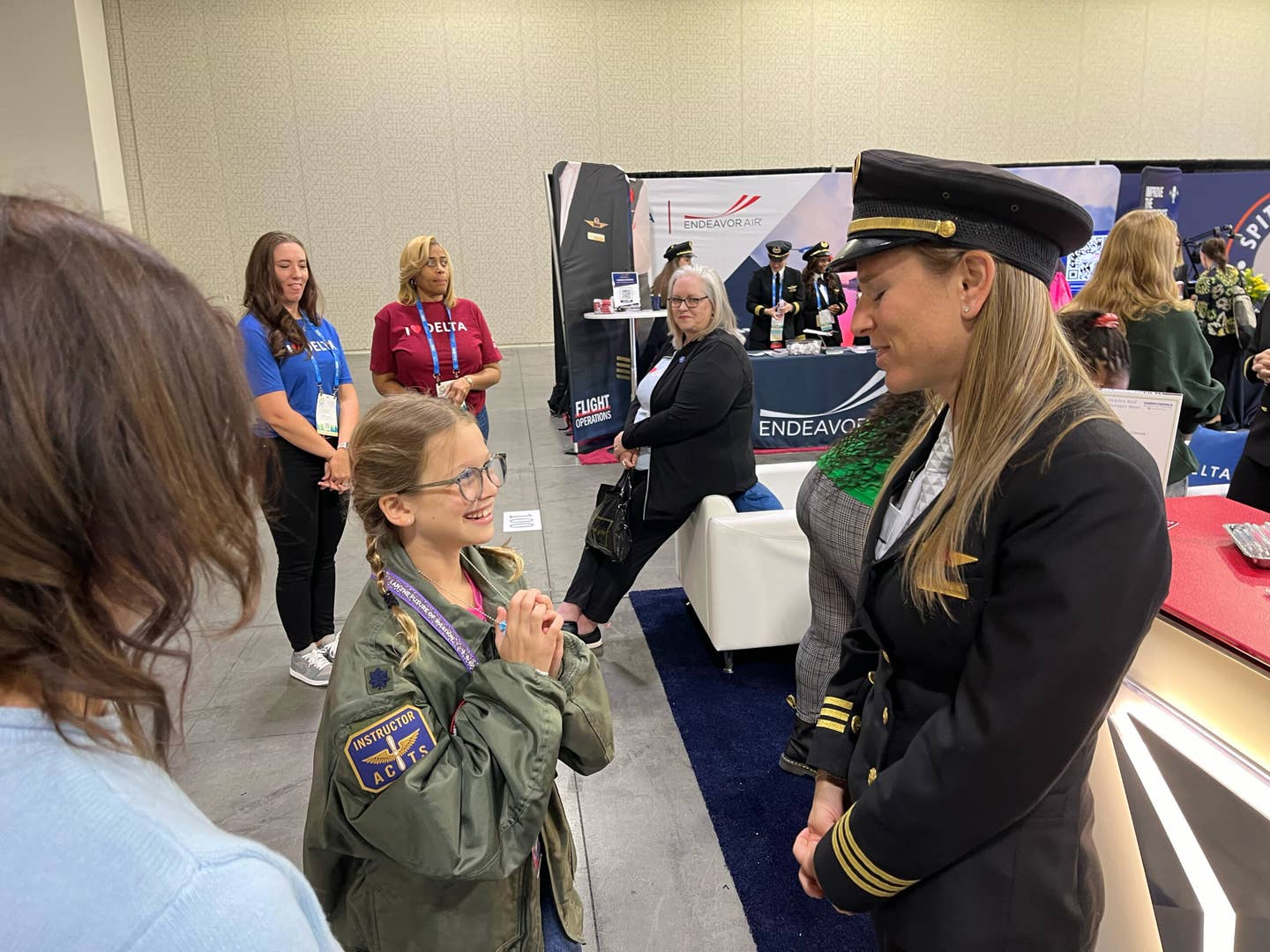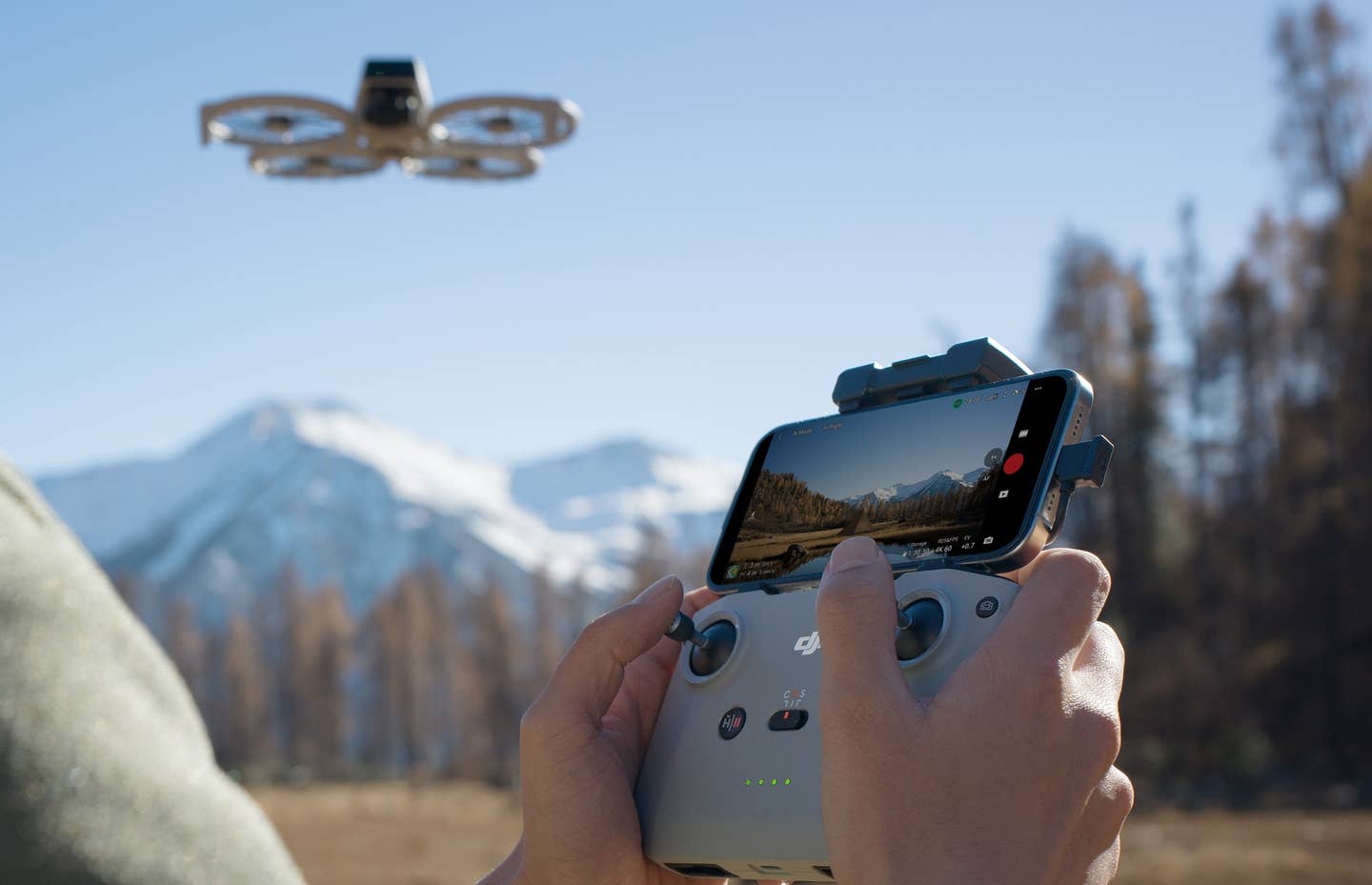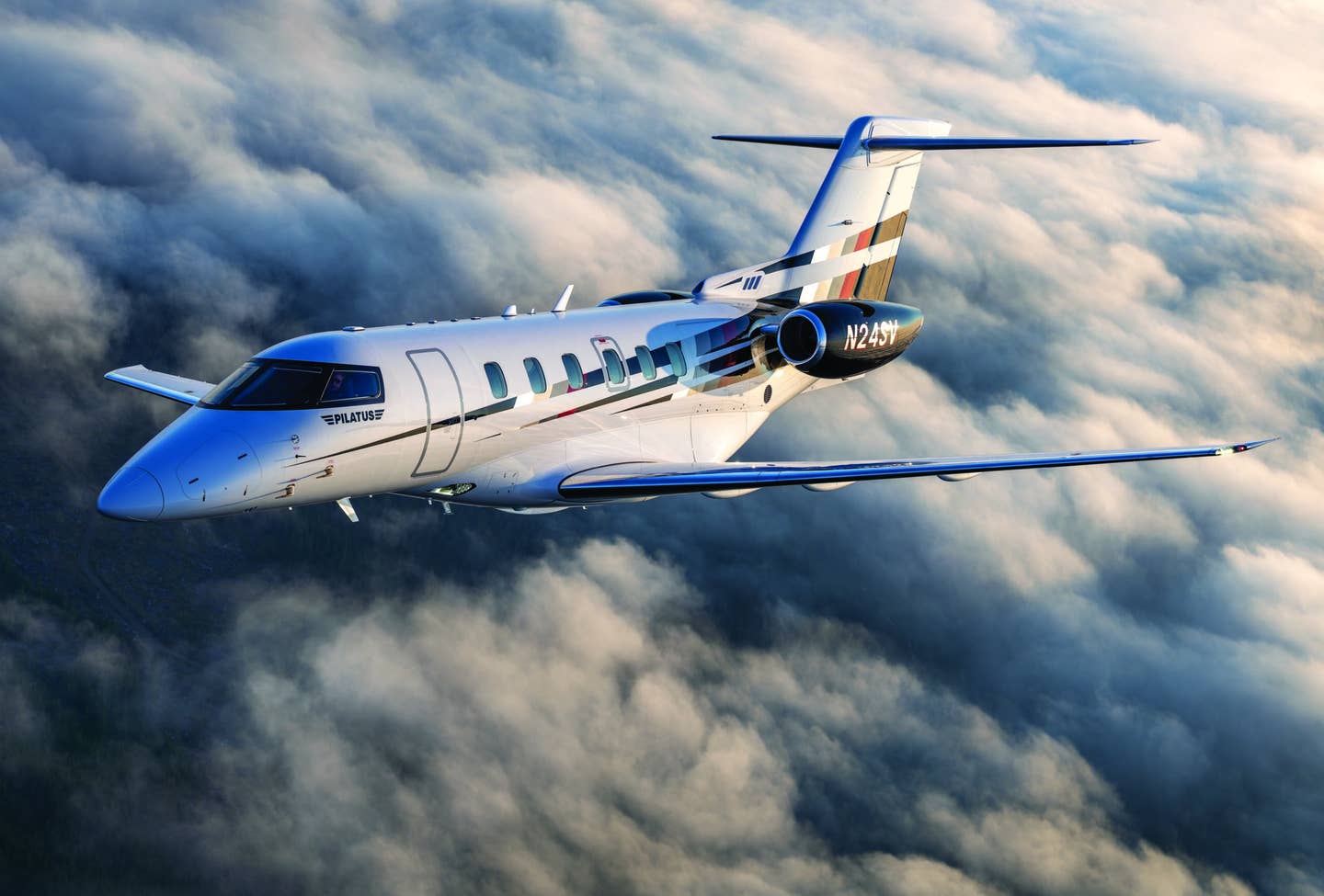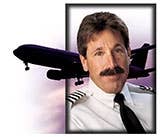
As we ate breakfast at the kitchen counter, Carol and I fixated on the TV in the corner. CNN was reporting, ad nauseam, on the foiled terrorist plot in the UK. An innovative plan for mass murder on commercial airliners had become part of terrorist ingenuity. For those of you who are familiar with Bomb Making 101, the plan was horrifyingly simple. The threat from nail clippers would now be taking a back seat to toothpaste. Many of us airline-types had expressed concerns over the possibility of exploding luggage, but very few had considered the latest twist on the theme. Even though I had kept the thought of a cargo explosion in a dark corner of my mind, I was still taken by surprise. Now reality was plotting an ugly course. I would be flying to Europe on this day. Even an armed cockpit couldn't defend itself from this latest scheme. For only a brief moment, Carol and I discussed the possibility of me not taking the trip. But it was a feeble notion. If I hadn't taken the trip then someone else would have faced the same apprehensions. It might as well be me. I smiled and shrugged my shoulders and then hugged Carol goodbye. We looked into each other's eyes for a brief moment. Nothing had to be said. I gathered my collection of black bags and lumbered up the walkway to our driveway. I started my truck and began the drive from our home in Connecticut to JFK. An hour and a half later, when I reached the Van Wyck Expressway, I became part of the usual traffic. The expressway was a creeping parking lot. I felt a grimace come to my face. It was then that I realized that it was just like any other day. It was just like any other trip. But it wasn't until 48 hours later, in the last few minutes of our return leg home from Brussels, that our relief crewmember would unwittingly put it all in perspective. And he would do it by becoming the Cookie Monster. With the traffic behind me and my truck parked at the employee lot, I rode the escalator to the departure level of our new terminal. Although the passenger security lines ebbed and flowed like a New England tide, the difficulty for airline crews at the security checkpoints had dissipated because of procedures that had been negotiated earlier in the day. The TSA had relented, deciding that flight crews could be trusted with toothpaste and shampoo. We lugged our bags onto the x-ray belts just like we have always done. Some crews that were inbound from foreign destinations weren't as fortunate. They were separated from their bags until their arrival at JFK. Often, an entire international crew, having flown for eight hours or more, would stare at an empty baggage carousel for 45 minutes awaiting the arrival of their luggage while passengers marched past them. (Yes, I am aware that it is often our passengers that endure the baggage wait, but flight crews are off the clock when they leave the airplane.) My own security experience at JFK lacked any drama. I felt fortunate. I arrived at the airplane with time to spare. I introduced myself to the flight attendants, some of whom I had flown with on my last trip to Brussels. They gathered in the first class cabin for a briefing. Although professional smiles were on their lips, anxiety was written on their foreheads. I discussed contingencies, communications and responses in the event that a passenger appeared to be mixing an exploding cocktail. With the flight attendant briefing complete, I joined the first officer, Ray, and the relief crewmember, John, in the cockpit. Ray graduated from the Air Force Academy. John was an Air Force C-130 pilot. Both guys were veterans of transatlantic flying. Still being relatively new to the operation, I was fortunate to have their expertise. They began to perform their cockpit duties as if they were choreographed. I soon learned that John is a 6' 4" clone of Jim Carrey, not in appearance but in antics. He has the same rubber face and the same spontaneity. John is one of those people that can make you laugh in the middle of a house fire, even if it's your own. With our checklists completed, and the forward entry door closed, we found ourselves waiting at the gate. Because of the new security procedures, baggage loading was delayed for almost 15 minutes. Considering the fact that we had over 200 people on board, the delay was understandable. We pushed back from the gate and unhooked from the tug. Ray began his first attempt in a series of attempts at securing a sequence for our taxi with JFK ground control. We soon discovered that it wasn't all about us. The combination of security delays and the usual evening international rush hour had turned the airport into a massive aluminum parking lot. The coal-black sky to the west was adding to the congestion. The sky was producing a squall line that was beginning to choke the arrival and departure routes. Ray was finally successful with ground control. We were given a sequence to follow a company MD-80 already established on the taxiway. There was only one issue. Aircraft movement was almost nonexistent. The crawling traffic that I had encountered on the Van Wyck Expressway was starting to look like the Indianapolis 500 compared to what I saw out the cockpit windows. After a few minutes of watching absolutely nothing, I looked up at the overhead panel and glanced at the fuel gauges. For the moment we had no problems, but if the snail's pace continued, the possibility of bringing frustrated passengers back to the gate for more fuel could become a painful reality. I gave the command to shut down our engines until we witnessed some evidence of progress. Predictably, the act of shutting down the engines had the effect of moving airplanes. Within minutes the line of aluminum began to slither forward. I shook my head, smiled, and reached up to the overhead panel. My fingers squeezed the left engine start switch. Ray nodded and clicked the pack switches on the overhead panel to the off position. We began the process of restarting the engines. Unfortunately, our timing was not in sync with the sudden burst of aircraft movement. By the time we were able to taxi the airplane away from the ramp area, our company MD-80 that we had been instructed to follow had passed. A company 777 had unknowingly moved in front of us as we rolled behind him onto the taxiway. Predicting that the mis-sequence would momentarily confuse JFK ground control, I instructed Ray to advise them of our new position. Ray's message was greeted with an enthusiastic, "What-ev-er ... " By the time we reached a holding position on the inactive Runway 13 Left, all airplane movement had stopped. Although the logical decision to shut down engines seemed appropriate, requests from various airplanes to do so were met with a New York style, "Uh ... NO." When the sky went dark and our weather radar display began to fill with a large red blob, I became a mutineer. Eyeing the line of rotating beacons in front of us, I commanded another engine shutdown without advising the ground controller of the decision. If we needed to move we could always start one engine. Judging by the earlier pace on the taxiways, nobody would even notice. As it turned out, within a few moments the storm consumed the entire airport. Nothing moved. In the worst moments of this particular storm, I found it difficult to see the Styrofoam cup of Pepsi in front of my face, let alone the 777 in front of us. When the storm passed and our windscreen was no longer hosting a waterfall, airplanes nearest the departure end of Runway 22 Right began to brave the sky. A mere two and a half hours after our push back from the gate, we were airborne on the way to Brussels. I felt fortunate to have an extra crewmember. By the time we were in oceanic airspace, I was thankful for my rest break. Terrorist plot notwithstanding, it was just another day. Except for the standard HF radio gymnastics and the unending interpretation of the voice behind the static, the transatlantic crossing was a comfortable level of dullness. John's lively conversation made up for the routine.
Just prior to our entry into Belgium airspace, Ray joined us in the cockpit after the completion of his rest break. The period of time when a crewmember resumes his duties after a rest break prior to the approach phase can be hectic. It is a practiced orchestration of moving the brain into active mode. A fast pace is required in order to acclimate to the status of the airplane and its position. In addition, one must quickly redevelop an ear for the foreign accents of ATC. A quick briefing to the returning crewmember can be helpful. Fortunately, Ray began to operate at the speed of the airplane within a few moments. That was helpful because Brussels' weather was a gloomy mix of low ceilings and rain. The wipers were required below 1,000 feet due to a dose of moderate rain showers. As much as I wanted to take credit for our smooth touchdown, it was more a result of a cushion of water underneath eight tires than my superior skill. With the brakes parked, we were soon on our way to the airport hotel, an easy walk through the terminal. After a three-hour nap, John, myself and a handful of veteran flight attendants hopped the train into town. Being freshmen to Brussels, John and I made it our mission to sample the best of Belgium brewing. It is no easy task. The selection is endless. The mission would require more layovers. After dinner, a train ride and too many stand-up routines from John, we returned to our hotel. My body clock was beginning to catch up. I looked forward to seeing my pillow. I awoke to the 7:15 a.m. (1:15 a.m. body time) TV alarm that I had set, followed by the TV alarm that the hotel seems to magically set, followed by the hotel's wake-up call that can never be canceled, which was followed by a call from the number one flight attendant. The number one flight attendant was confirming what I had already discovered on the flight status channel of the TV. Our flight home would be delayed three hours. A later call to Operations indicated that a mechanical problem with the inbound airplane prior to its departure from JFK was the cause of the delay. I agreed to move our meet time in the hotel lobby later. The number one flight attendant began the task of informing the eight other flight attendants, while I woke up Ray and John to tell them that they could go back to sleep. With our entire crew assembled in the hotel lobby at the delayed meeting time, we were escorted to the terminal and brought to our satellite ticket counter. We loaded our bags onto a rolling cart. Our airline security agent informed us that as part of "today's" new procedures the bags would be screened and then brought to the airplane at the bottom of the jet bridge. I had visions of my underwear and Jepp charts blowing across the ramp. In reality, our crew bags arrived unscathed. Having survived the hard part of the trip, we began the process of preparing our airplane for the flight home. Other than a runway closure issue that required us to monitor our takeoff weight, the flight plan and our transatlantic crossing had every sign of being routine. We departed Brussels with all the fanfare of a stoplight turning green at a village intersection; just as it should be. At about five hours into our flight, over the middle of the North Atlantic, I entrusted the airplane to Ray and John. I left the cockpit for my rest break. Upon my return to the cockpit, we were 35 minutes from touchdown and already in our initial descent over the Boston area. John and Ray had successfully navigated us across the ocean. Not that I had any doubts, but as a captain the thought of receiving a gross navigational error violation is always in the back of my mind. As I sat down and jockeyed the headset into my ear, I caught up with the airplane. It was Ray's landing into JFK. Soon after resuming my duties as the nonflying pilot, I found out I would also have to become a referee. At some time unbeknownst to me, Ray had asked the flight attendants to save a few of our first class, fresh-baked cookies so that he could bring them home to his daughter. John, also unaware of the request, accepted an aluminum foil package when it was handed to him through the door. The aroma of warm chocolate chip cookies filled the cockpit within seconds. John unwrapped the aluminum foil, took a large sample for himself, and then placed the brown pile of goodies on an empty spot of the center pedestal. Ray, rather than showing signs of joy for the treat, held a curious expression of shock and consternation. With a smirking glare, he stared at John and then announced that the cookies were a special order for his daughter. John was unsympathetic. Ray should have known better than to entrust a 6' 4" starving relief pilot with fresh-baked goodies. Ray shook his head in mock disgust and reached for the interphone headset. He made another request to the flight attendants. And yes, I did hear the words, "John ate my cookies … !" After I stopped laughing and wiped the tears from my eyes, I threatened to send them both to their rooms. When the flight attendant chime activated, John rushed to unclip the interphone from its cradle. He answered in true Sesame Street style. "Kooo-kie monster!" The cockpit door opened in a quick flurry. Another aluminum foil package was handed to John. This time the package went directly to Ray. I shook my head and smiled. I was living a Seinfeld episode. Ray performed a superior approach and landing on the same runway where we had spent two and a half hours waiting out the previous day's storm. I am sure that his performance had something to do with the cookies. On the drive home I reflected on the trip. Wouldn't it be a wonderful world if we didn't have to concern ourselves about the possibility that somebody might decide to explode a bottle of shampoo and just focus on who gets the fresh-baked cookies? I thought of John Lennon's song, Imagine. If he was alive today, maybe he would have considered modifying his lyrics to include the Cookie Monster. And then again … maybe not. John Lennon never had the privilege of flying with my relief pilot.

Sign-up for newsletters & special offers!
Get the latest FLYING stories & special offers delivered directly to your inbox

